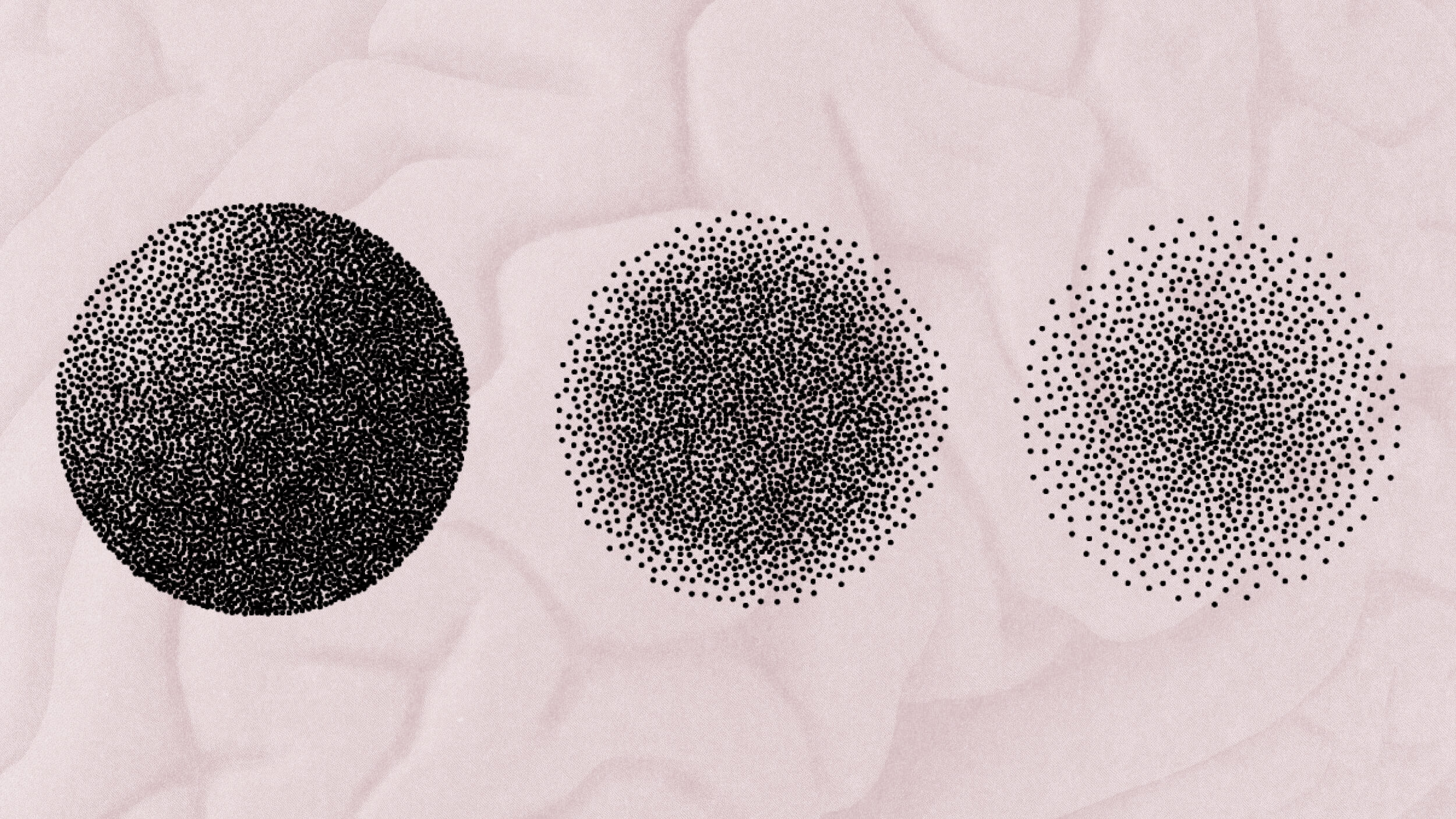Can comic books make you smarter? It seems too good to be true, but as graphic novelist Gene Luen Yang explains, they’ve come a long, long way. Imagine this: in the early days of comics, a caption would read: “Superman punches Lex Luthor,” and it would be accompanied by a drawing of—drumroll!—Superman punching Lex Luthor. Basic, right? “That contributed to this idea that comics were meant for the mentally deficient. If you weren’t smart enough to understand those words, then you could at least read the picture,” says Luen Yang. Since then, graphic novelists have shaken things up, and the relationship between the words and pictures is more complex, with narrative responsibility going back and forth and occasionally shooting off into ambiguity. So why does Luen Yang think modern comics have a place in every classroom? Because our brains are not computers: “The human mind is a story processor, not a logic processor,” as social psychologist Jonathan Haidt wrote. We depend on narratives to help make sense of our world—whether that’s algebra, history, or chemistry. Educational comics are turning out to be powerful tools that help kids learn at their own pace. Gene Luen Yang’s most recent book is Paths & Portals.
Gene Luen Yang began making comics and graphic novels in the fifth grade. In 2006, his book American Born Chinese was published by First Second Books. It became the first[…]
From a low-brow adolescent distraction to a sophisticated art form and educational tool, comic books are finally having their moment in the sun.
▸
4 min
—
with
Sign up for the Smarter Faster newsletter
A weekly newsletter featuring the biggest ideas from the smartest people
▸
3 min
—
with
Related
Science writer Matt Ridley joins us to discuss how “Darwin’s strangest idea” makes us all a bit feather-brained (in a good way).
Welcome to The Nightcrawler — a weekly newsletter from Eric Markowitz covering tech, innovation, and long-term thinking.
“Welcome to the multiverse. Or should I say our one universe within a multiverse of possibilities?”
▸
30 min
—
with
For centuries, even after we knew the Sun was a star like any other, we still didn’t know what it was made of. Cecilia Payne changed that.
How much can you know about someone from a single belief?





